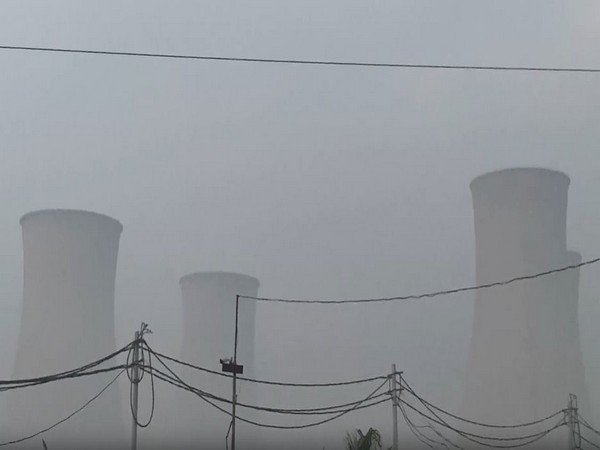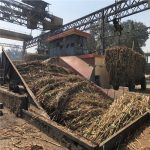Bathinda (Punjab) [India], November 10 (ANI): With continuous stubble burning, the city of Bathinda remained veiled under a blanket of smoke on Friday morning.
The air quality index (AQI) in Bathinda has been in the ‘very poor’ category for the past two weeks.
As per the Central Pollution Control Board (CPCB), the Air Quality Index (AQI) for Bathinda on November 9 was 372, which is very poor.
Likewise, the air quality in the city was recorded at an AQI of 215, on November 6, which is again in the very poor category. The AQI in the city remained in the poor zone on November 2.
The AQI is calculated by the Central Pollution Control Board and considers eight pollutants. The AQI can be calculated if monitoring data are available for at least three pollutants, one of which should be PM 2.5 or PM 10.
The city remains enveloped in stubble smoke, raising concerns among the people of the residential areas for health-related issues.
Speaking to ANI about the air quality, Shagun Prasad, a resident said, “Even today, a blanket of smoke from stubble is visible in the skies of Bathinda. The air is continuously becoming poisonous and people are facing a lot of difficulties.”
The stubble smoke in Bathinda has increased the pollution level so much, that even going out for morning walks in the area has become difficult.
“We appeal to the Punjab government to stop farmers from burning stubble and also request farmer brothers not to set the stubble on fire because this smoke will cause great harm to everyone,” said another resident, Sanjeev Kumar Jain.
Earlier, a three-judge bench of the Supreme Court headed by Justice SK Kaul directed the state governments to file affidavits stating steps taken by them to control air pollution.
The court had directed the governments of Delhi, Punjab, Haryana, Uttar Pradesh and Rajasthan to file the affidavit within a week.
The Punjab government has listed the steps that it has taken to improve air quality.
“Timely distribution of machines, utilisation of machines lying idle, efforts to ensure maximum utilisation of stubble in various industries, various deterrence efforts, campaigns to promote various in-situ and ex-situ methods and appeals to farmers have shown significant efforts and ensured improved air quality for everyone,” the government said in a statement.
Air pollution levels can be high during the winter months for a number of reasons, including dust and vehicular pollution, dry-cold weather, stubble burning, burning crop residues after the harvest season and commuting.
Cold air is denser and moves slower than warm air, so it traps pollution and doesn’t whisk it away. This means that air pollution in winter remains in place for much longer than during the summer. (ANI)












